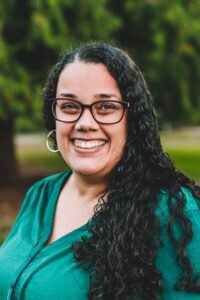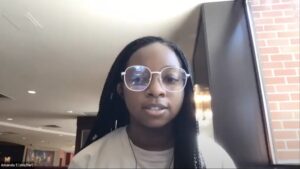The Time for Action on Racial Equity Is Now
By Raymond Fenton
Guest Blogger
 Across Washington state, most students have already completed little over a month of remote learning. As some adjust to this new normal and begin to settle, others are faced with adjusting to a little more than virtual classrooms and limited social interactions with peers. While we endure COVID-19, we are also witnessing, perhaps, the largest civil rights movement in America’s history.
Across Washington state, most students have already completed little over a month of remote learning. As some adjust to this new normal and begin to settle, others are faced with adjusting to a little more than virtual classrooms and limited social interactions with peers. While we endure COVID-19, we are also witnessing, perhaps, the largest civil rights movement in America’s history.
As protests for Black lives intensify our focus on race and racism, and the pandemic increases strain on our economy and healthcare system, social inequalities across the nation could not be more visible. So where does that leave our most vulnerable in the education system?
That was the topic of Thursday’s virtual event: Racial Equity in Education, where the uniqueness, opportunity, and gravity of this pivotal moment was distinguished. “Now is the time.” That was the charge from Brooke Brown, 2021 WA state Teacher of the Year, as she addressed the audience yesterday. Read More
 In our podcast, we interview policymakers, partners, and thought leaders to spotlight education policies, research, and practices so that together we can create a brighter future for every Washington student.
In our podcast, we interview policymakers, partners, and thought leaders to spotlight education policies, research, and practices so that together we can create a brighter future for every Washington student. In our podcast, we interview policymakers, partners, and thought leaders to spotlight education policies, research, and practices so that together we can create a brighter future for every Washington student.
In our podcast, we interview policymakers, partners, and thought leaders to spotlight education policies, research, and practices so that together we can create a brighter future for every Washington student.

